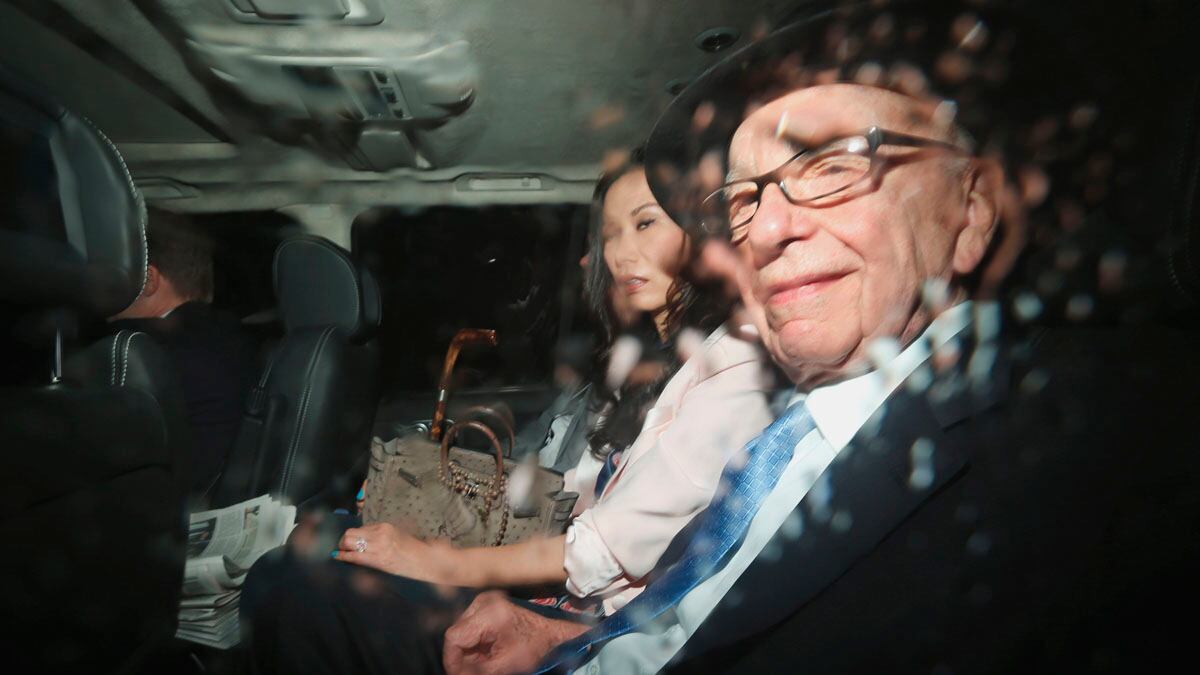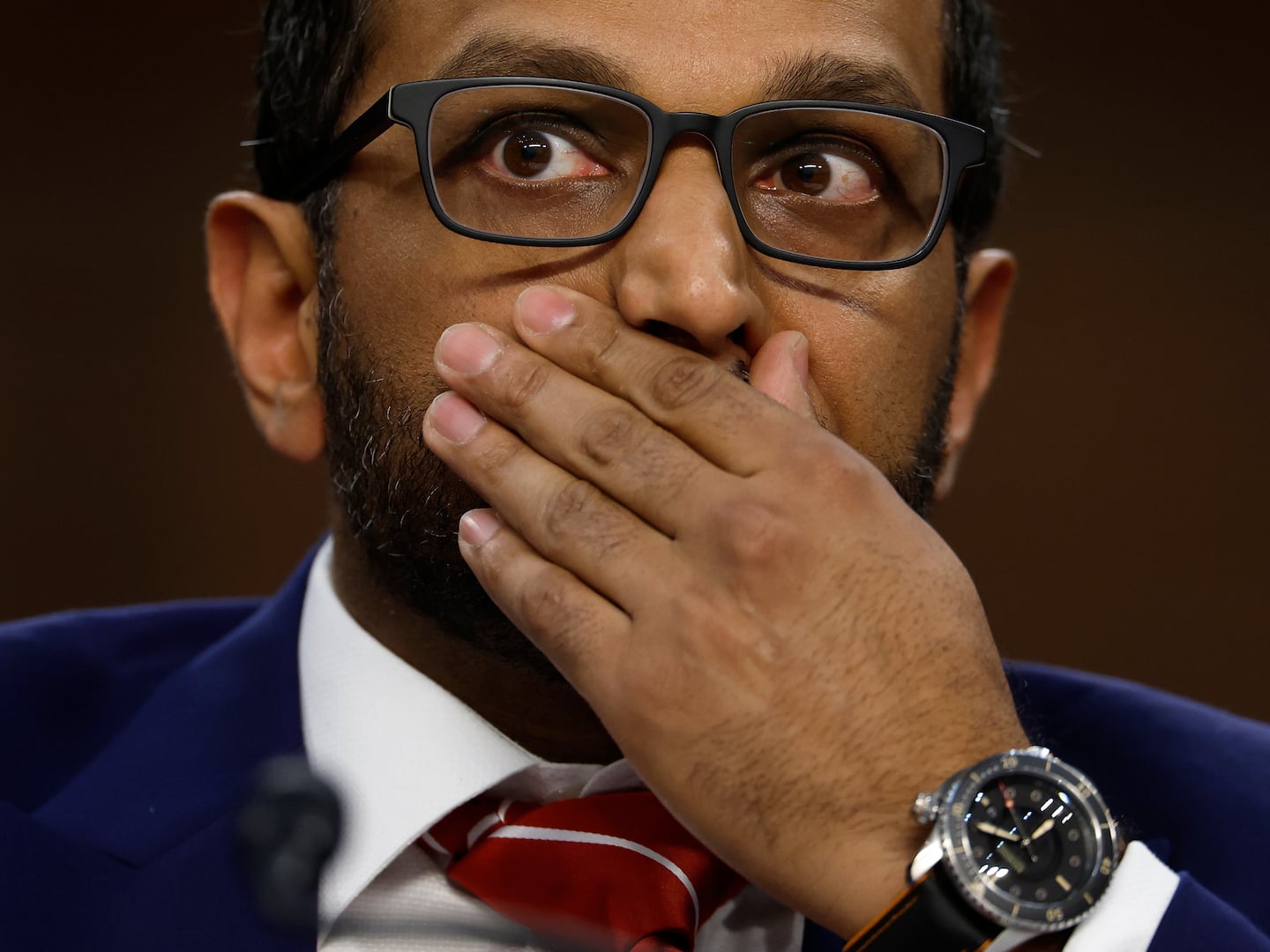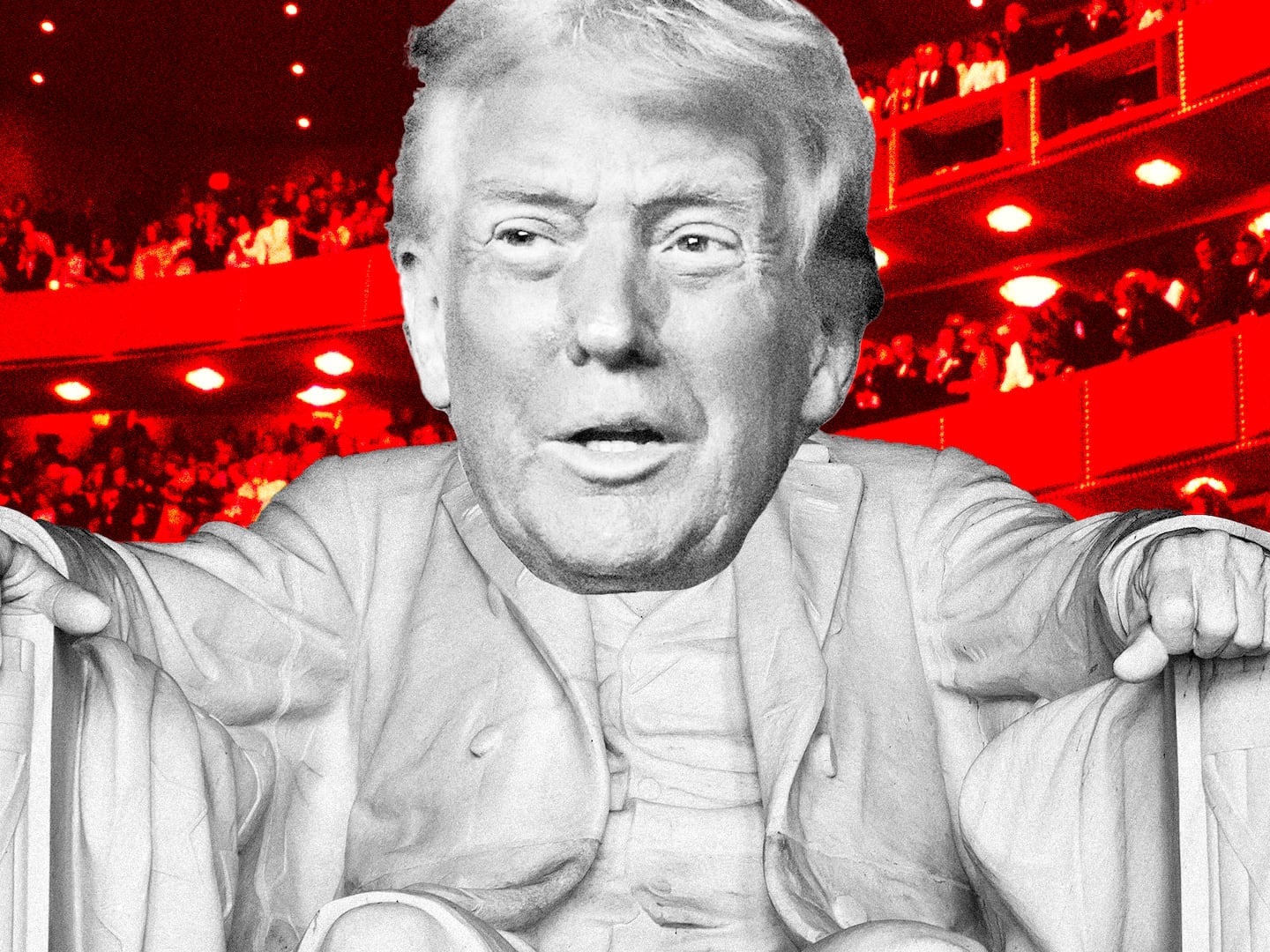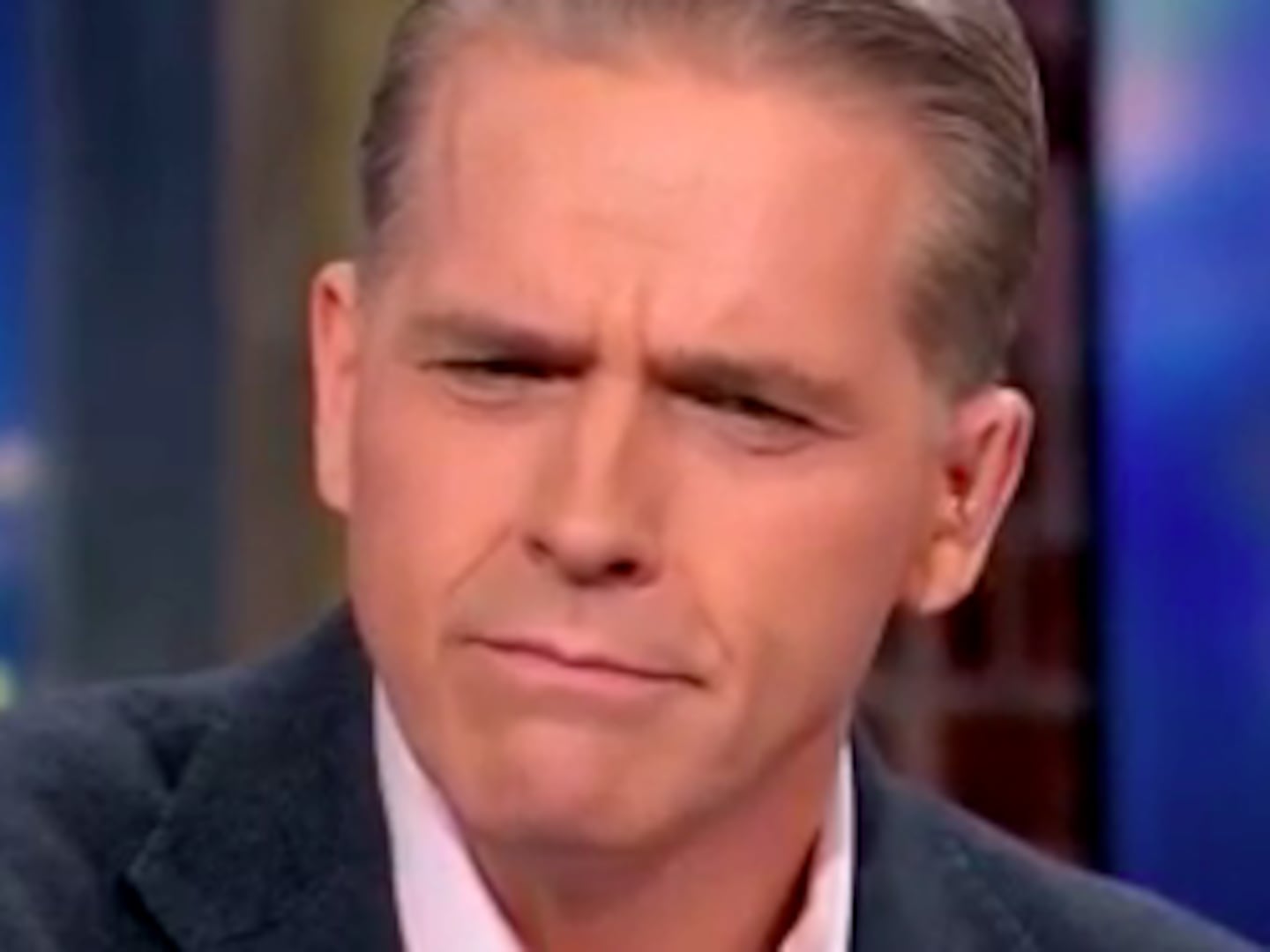The British obsession with a 30-year-old newspaper deal might seem arcane, given the very contemporary furor over the British government’s handling of News Corp.’s $16 billion bid to take over BSkyB.But, actually, the historical parallels are eerie.
As part of evidence submitted this week, News Corp. released 163 emails from a company lobbyist to the close advisor of Culture Minister, Jeremy Hunt, who was supposed to be impartially judging the corporation’s bid for the British Sky Broadcasting Group, or BSkyB, last year. (The bid was withdrawn in the wake of the phone hacking scandal.)
The emails, which seem to suggest that one of the biggest mergers in British history was being influenced through ‘back-channels’ and intensive lobbying, led to the resignation of the Culture Minister’s advisor, Adam Smith on Wednesday. Then, on Thursday, it was reported that the Financial Services Authority, FSA, is now looking at the correspondence because the confidential and market sensitive information passed between News Corp. and the Culture Ministry could be constitute a form of insider trading.
The explosive emails could still threaten the career of Hunt himself, who Labour leader Ed Miliband described as the last ‘firewall’ protecting the Prime Minister. Against the backdrop of these new revelations, and the ensuing Westminster drama, Murdoch’s testimony, that he never sought to have any influence over British politicians with his dominance of Fleet Street, seemed disingenuous—and evoked a certain sense of déjà vu.
It was a sense compounded by The Leveson Inquiry which spent considerable time this week examining the four decades of Murdoch’s influence on British press and politics, bringing back to life the decades-old feud over Murdoch’s acquisition of the Times Group.
In 1981, when Murdoch bid for the group, there was concern that, adding ownership of the Times Group to his existing portfolio of best-selling tabloids, The Sun and News of the World, would, effectively, give him a monopoly position in British media.
Last month, the Margaret Thatcher Archive Trust released a cache of papers which revealed that Murdoch met secretly with then-Prime Minister Margaret Thatcher at Prime Minister’s country residence Chequers in 1981, while pursuing the Times bid.
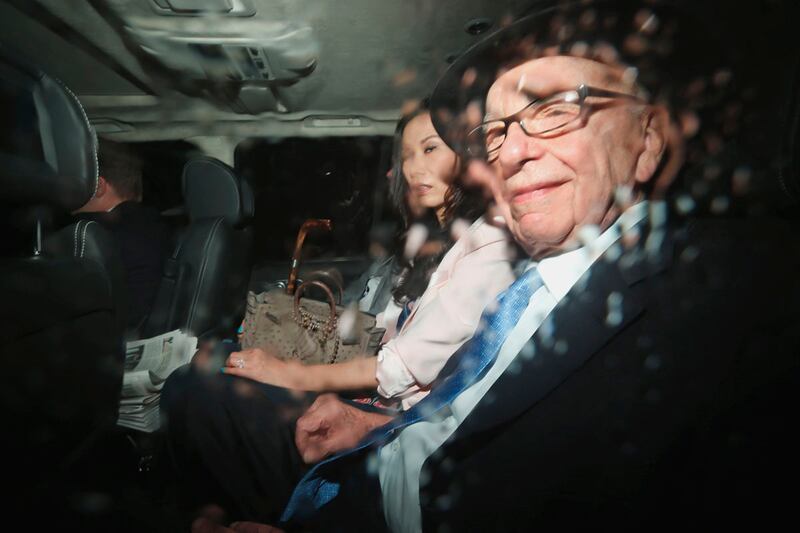
Had it been revealed at the time, the mere fact of the meeting would have shown that one of the competitors had access to the Prime Minister during the contentious bid—something which likely would have prompted the uproar—and perhaps legal challenge—of rival bidders.
Thirty years on, the emails submitted to the Leveson Inquiry over the BSkyB bid suggest a similar modus operandi—back-channels, possible exchange of confidential information, and a degree of personal lobbying during an extremely sensitive commercial process.
Once the dust settles from Murdoch’s testimony and the current political scandal, it’s likely to be this sense of déjà vu that lingers.

